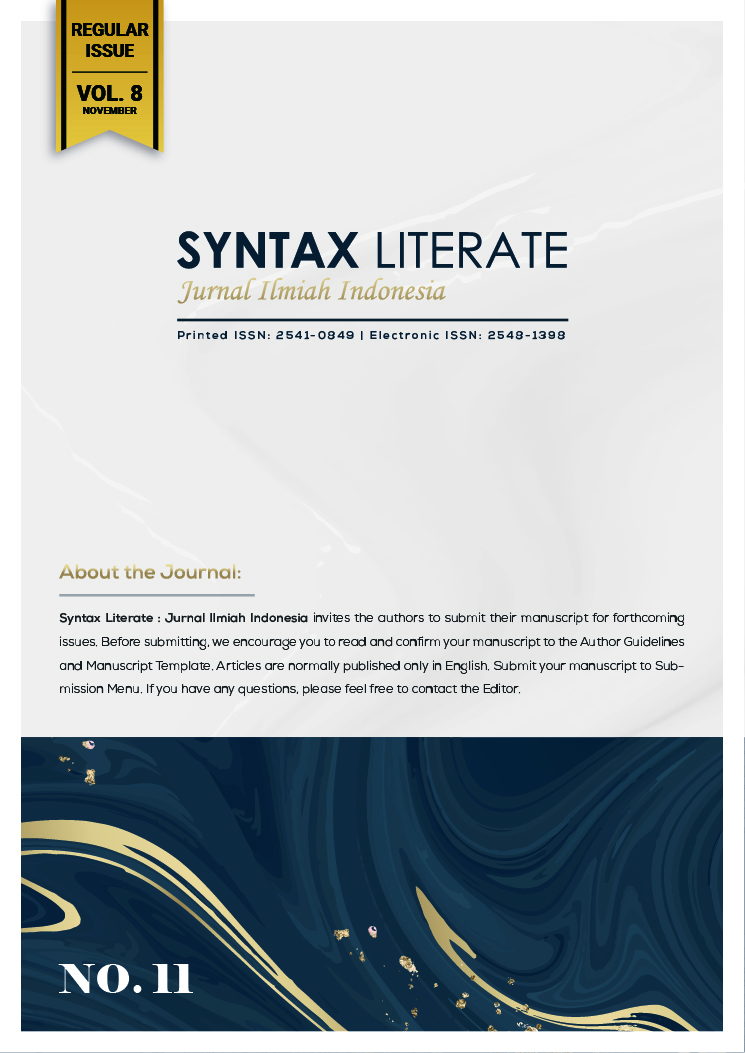Analisis Hukum Penyerobotan Tanah yang Berimplikasi terhadap Perbuatan Melawan Hukum Ditinjau dalam Perspekif Hukum Perdata
Abstract
The escalation of society in an area makes land an object that is much needed. Because its availability is increasingly running low. Therefore, land has become a very valuable object and of course makes many people justify any means to obtain land. Land grabbing is not something new and occurs in Indonesia. The word invasion itself can be interpreted as the act of taking rights or property arbitrarily or without paying attention to laws and regulations, such as occupying someone else's land or house, which is not their right. The act of illegally grabbing land is an act against the law. From a civil law perspective, what is regulated in Article 1365 and Article 1366 can ensnare people who grab land, because it can be seen that in cases of land grabbing there are parties who are harmed and need compensation for the losses experienced by that party, and Land grabbing is also an unlawful act in which someone enters the land without right. This research aims to analyze and examine legal indicators of land grabbing which have implications for civil unlawful acts (onrechmatigheid daad). And what is the mechanism for resolving land grabbing disputes which have implications for unlawful acts The method used in this research is normative research on the legal rules contained in Article 1328 of the Civil Code. The data used in this research is secondary data. Secondary data used in this research consists of primary legal materials which are authoritative, which means they have authority, secondary legal materials and tertiary legal materials
Downloads
Copyright (c) 2023 Suwarti Suwarti, Faisal, Puji Rahayu Subandi, Nurlaila Kadarwati Papuluwa

This work is licensed under a Creative Commons Attribution-ShareAlike 4.0 International License.











